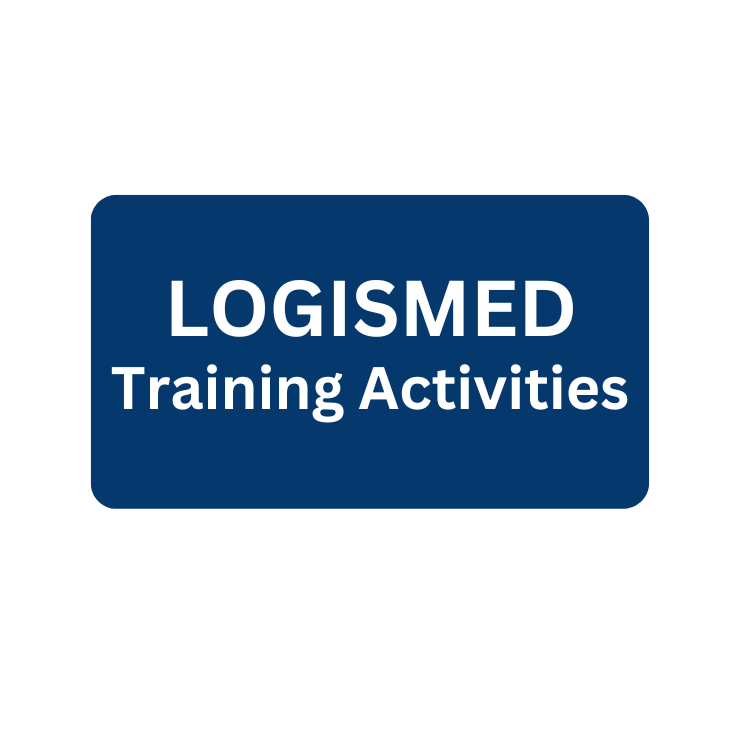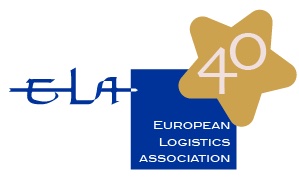
Logismed-Training Activities
LOGISMED - Improvement of training activities in the domain of logistics.
LOGISMED-TA was part of the LOGISMED programme promoted by the European Investment Bank (EIB), which aims to create a network of Euro-Mediterranean logistics platforms working under common quality criteria.
- The LOGISMED-TA project increased the level of training offered to operators and managers in the logistics sector.
- It improved the performance of the logistics sector in the Mediterranean region.
- The project also contributed to the creation of a more competitive and efficient network of Euro-Mediterranean logistics platforms.
LOGISMED-Training Activities (LOGISMED-TA) helped improve the qualifications of operators and managers in the logistics sector, boosting transport and logistics in the Mediterranean.
The lack of qualified staff, adequate training programmes and harmonised logistics systems hinders smooth trade flows in the Mediterranean region. LOGISMED-TA reinforced the competitiveness of the region’s transport and logistics sectors by complementing existing training programmes and supporting Mediterranean countries in their efforts to improve the qualifications of personnel in the sector.
Countries covered: Algeria, Egypt, Jordan, Morocco, Tunisia. The project was developed during 2013 – 2018.
Description:
The project seeks to facilitate, through better connection between transport networks and modes, the trade of goods between Southern Mediterranean Partners Countries and EU, as well as to develop the regional economic integration.
- Build or strengthen national logistics associations (NLAs) in order to increase their capacity to become recognised interlocutors by the private sector and public authorities, training centres and academia;
- Confirm training plans with the relevant stakeholders;
- Develop and promote standard curricula for undergraduates, notably ensuring that the courses are aligned with private sector needs;
- Facilitate the certification of at least 300 professionals through recognised organisations, including international logistics associations;
- Develop a “Train the Trainers” programme and train at least 50 professionals;
- Develop an initial pool of skilled at least 500 “blue collar” workers in the region.
In order to reach these results, a number of actions have been defined with a regional approach and consisting of a series of seminars, technical assistance and training activities. These actions include the development of national logistics associations, cluster awareness and awareness plans targeting the administrations; the promotion of the European Logistics Associations (ELA) certification among 300 logistics professionals; the creation of a “train the trainers” program addressed at 15 staff members per logistics platform; the development of an initial pool of skilled “blue collar” personnel, including 200-400 beneficiaries per platform; and the establishment of a training unit developing continuous education programs, addressed to 200-400 workers per platform.






